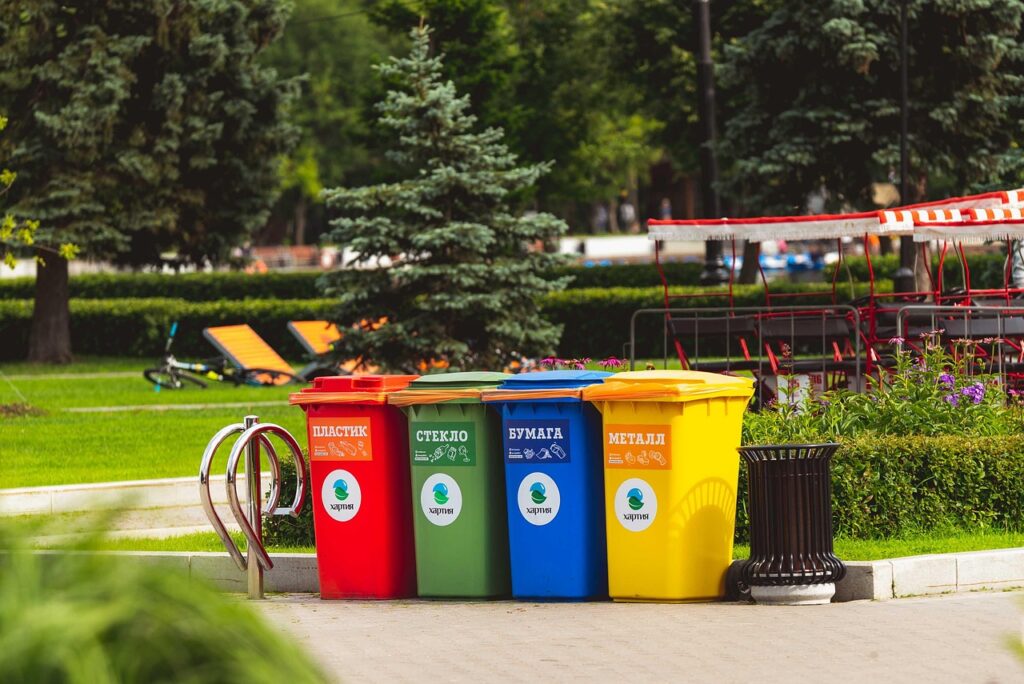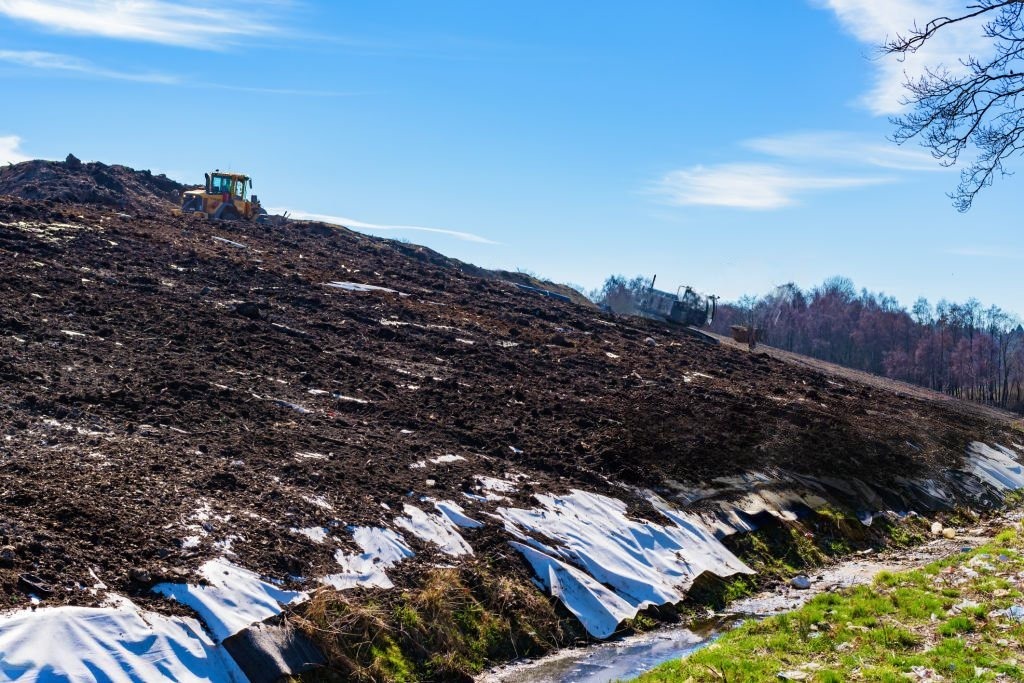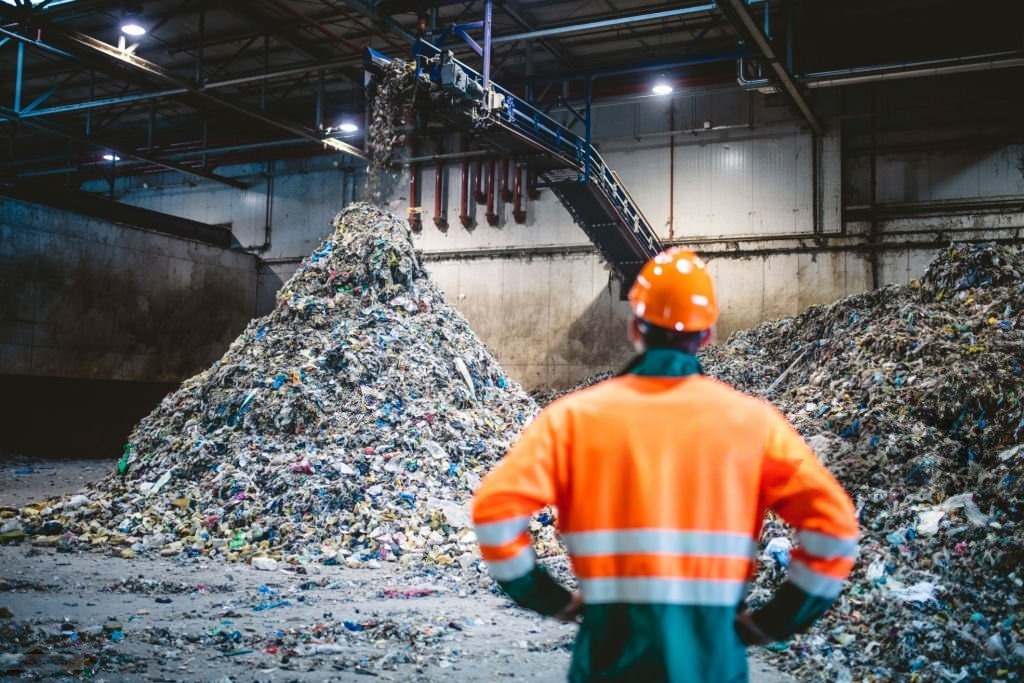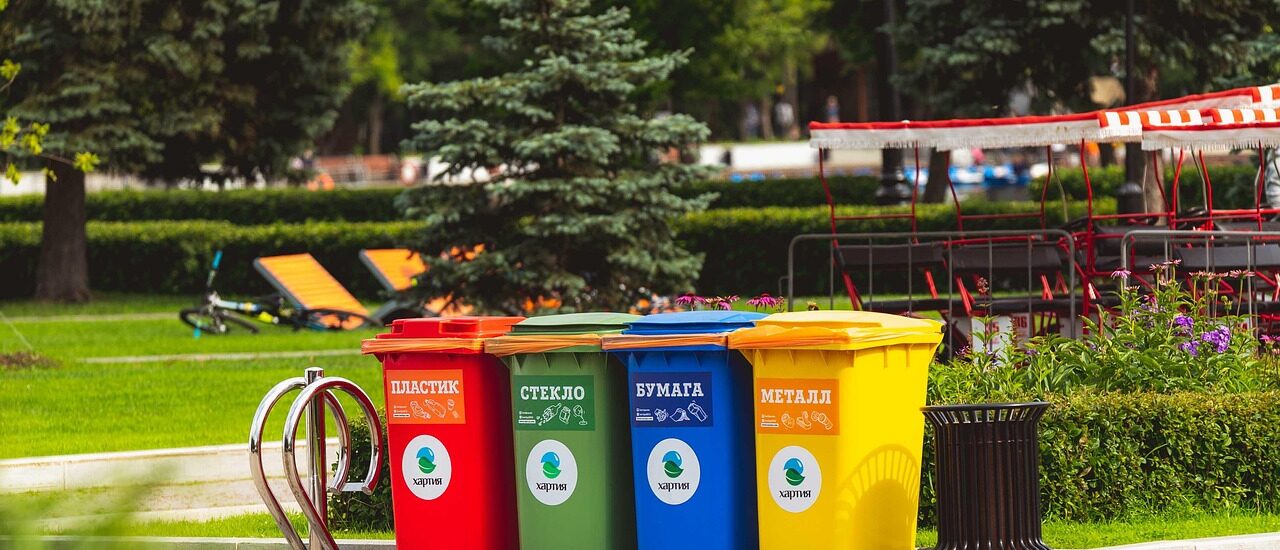From Rwanda’s bold ban to India’s waste warriors and Sweden’s circular revolution — how countries are reimagining a world beyond plastic.
We’ve all seen the headlines:
8 million tonnes of plastic end up in our oceans every year. Microplastics are in our food, air, and bloodstreams. Plastic pollution is not just an environmental issue — it’s a public health crisis, an economic drain, and a climate threat.
But amid the gloom, some nations are rewriting the script. Across continents, countries, communities, and cities are showing that a plastic-free future is not only possible — it’s already happening.
Here are three bold models the world should be paying attention to.
🇷🇼 Rwanda: The Pioneer of a Plastic-Free Nation
In 2008, Rwanda became one of the first countries in the world to ban plastic bags entirely — long before it was trendy or politically easy.
The results?
✅ Streets of Kigali are remarkably clean
✅ Plastic bag smuggling has been tackled with strict enforcement
✅ The law has inspired behavioral change, particularly among youth
✅ New eco-enterprises have emerged to replace single-use plastics
Rwanda now aspires to go completely plastic-free by 2030 — and its success is influencing other African countries to follow suit.
🗣️ “We do not inherit the Earth from our ancestors; we borrow it from our children.” — Rwandan proverb, brought to life by policy.

🇮🇳 India: Waste Warriors Leading the Charge
India generates over 25,000 tonnes of plastic waste daily — but from the chaos has emerged a grassroots army of solutions.
👷♀️ Waste pickers, known locally as kabadiwalas or safai sathis, form the invisible backbone of India’s informal recycling economy.
- NGOs like Hasiru Dala and SWaCH are helping legitimize and protect their rights
- The city of Pune recycles 6,000 tonnes/month thanks to informal waste workers
- India has pledged to ban single-use plastics and introduced EPR (Extended Producer Responsibility) laws for corporations
This is not just environmental — it’s climate justice, providing livelihoods and dignity to thousands who’ve long worked in the shadows.

🇸🇪 Sweden: Closing the Loop on Waste
Sweden has virtually eliminated landfilling. How?
♻️ Through a national culture of recycling, innovation, and strict regulation:
- Over 99% of household waste is recycled or used for energy recovery
- The country imports waste to keep its waste-to-energy plants running
- Investments in design for disassembly mean products are built to be reused or repurposed
Sweden proves that with the right incentives, policies, and public mindset, a circular economy isn’t just theory — it’s infrastructure.

🌐 Lessons for the World
These three examples are vastly different — yet they share common principles:
- Strong policy leadership
- Public participation and awareness
- Support for innovation and informal systems
- Circular thinking, not linear disposal
Whether you’re in Lagos, Jakarta, London, or São Paulo, these success stories show that change is possible — and already in motion.
💡 Plastic pollution is a global problem. But solutions can — and must — be local, inclusive, and bold.







